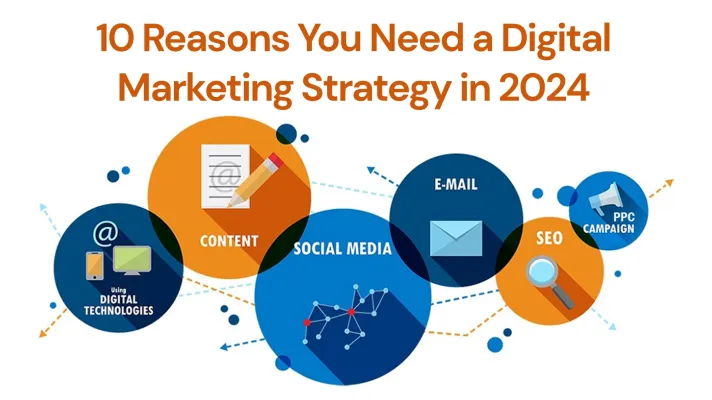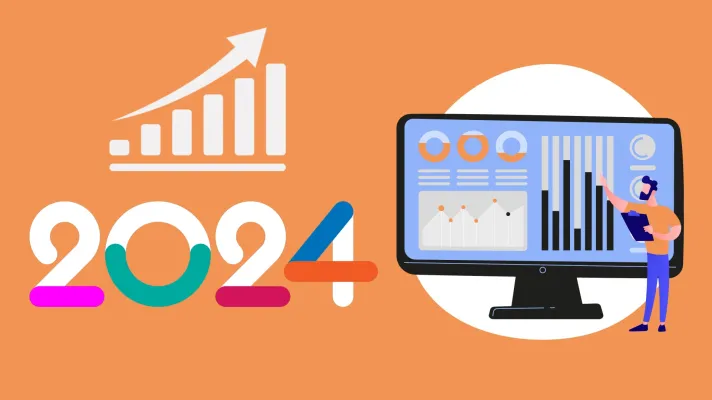
When it comes to search engine optimization, on-page factors play a vital role in determining how search engines perceive and rank your website.
Introduction
When it comes to search engine optimization, on-page factors play a vital role in determining how search engines perceive and rank your website. Unlike off-page SEO that focuses on external factors like backlinks, on-page SEO is all about optimizing the content and structure of your website itself. By following a comprehensive on-page SEO checklist, you can ensure that your website is not only search engine-friendly but also provides a positive user experience. So, let’s begin our journey to mastering on-page SEO!
Conduct Keyword Research And Optimization
Keyword research is the foundation of any successful on-page SEO strategy. It involves identifying relevant keywords and phrases that your target audience uses when searching for information online. By incorporating these keywords strategically into your content, meta tags, and URLs, you can increase the likelihood of your website ranking higher in search engine results.
What are LSI Keywords, and how do they impact SEO?
LSI (Latent Semantic Indexing) Keywords are conceptually related terms that search engines use to understand the context and relevance of a piece of content. Including LSI keywords in your content can improve its semantic value and help search engines understand the topic more comprehensively, leading to better rankings.
Ensure Content Quality And Relevance
Creating high-quality and relevant content is essential for both users and search engines. Valuable and informative content attracts visitors, reduces bounce rates, and encourages them to stay longer on your site. Additionally, search engines favor content that answers user queries and provides value. Therefore, focus on producing well-researched, engaging, and informative content that aligns with the interests of your target audience.
Craft Compelling Title Tags And Meta Descriptions
Title tags and meta descriptions are essential HTML elements that appear in search engine results. A compelling and optimized title tag attracts clicks and entices users to visit your website, while a well-crafted meta description provides a concise preview of your content and encourages users to click through.
Utilize Header Tags
Header tags (H1, H2, H3, etc.) are crucial for organizing your content and signaling its structure to both users and search engines. Properly using header tags makes your content more scannable, improves user experience, and helps search engines understand the hierarchy of your information.
Optimize Keyword Density And Placement
Strategically placing your target keywords throughout your content is essential, but it’s crucial not to overstuff them. Keyword stuffing can harm your SEO efforts and make your content appear unnatural. Instead, focus on using keywords naturally in a way that enhances the overall readability and value of your content.
Establish SEO-Friendly URL Structure And Site Architecture
A well-structured website with SEO-friendly URLs is easier for search engines to crawl and index. Keep your URLs concise, descriptive, and relevant to the content they represent. Additionally, organizing your site architecture logically improves user navigation and enhances the overall user experience.
Implement Internal Linking Strategies
Internal linking involves linking pages within your website to each other strategically. These internal links help search engines discover and index new content while also distributing the authority and value of your pages. Proper internal linking can boost your website’s overall SEO performance.
Optimize Images And Multimedia
Images and multimedia can significantly enhance the appeal of your content, but they also need optimization. Optimized images with descriptive alt text and proper file names not only improve accessibility but also contribute to your website’s SEO by providing additional context to search engines.
Verify If Your Page Is Indexed
Ensure that search engines have indexed your website’s pages correctly. If your pages are not indexed, they won’t appear in search results. Utilize Google Search Console to monitor indexing status and identify and fix any potential indexing issues.
Apply Schema Markup
Schema markup is structured data that you can add to your website’s HTML to help search engines understand the content better. By using schema markup, you can enhance your website’s appearance in search engine results through rich snippets, knowledge graphs, and other SERP features.
Ensure Mobile-Friendliness and Responsive Design
In the mobile-first era, having a mobile-friendly and responsive website is non-negotiable. Mobile users make up a significant portion of online traffic, and search engines prioritize mobile-friendly websites in their rankings. Ensure that your site looks and performs well across various devices and screen sizes.
Conclusion
Congratulations! You’ve now completed the ultimate on-page SEO checklist. By implementing these strategies, you’re well on your way to boosting your website’s search engine rankings, increasing organic traffic, and establishing a strong online presence. Remember, SEO is an ongoing process, so regularly monitor and update your on-page optimization efforts for long-term success.
FAQs
Q. What tools can I use for keyword research and optimization?
There are several excellent keyword research tools available, such as Google Keyword Planner, SEMrush, Ahrefs, and Moz Keyword Explorer. These tools can help you discover relevant keywords, analyze their search volume and competition, and optimize your content accordingly.
Q. Is keyword density still important for SEO?
While keyword density used to be a crucial ranking factor, search engines have evolved to focus more on content quality and relevance. Instead of obsessing over a specific keyword density percentage, prioritize creating valuable content that answers user queries and provides a positive user experience.
How often should I update my website’s content?
Regularly updating your website’s content signals to search engines that your site is active and relevant. Aim to update your content periodically, especially for evergreen pages, to keep the information accurate and fresh.
Q. Can I rank high in search results without backlinks?
While backlinks remain an essential off-page SEO factor, you can still achieve decent rankings with a strong on-page SEO strategy. High-quality content, proper keyword optimization, and a well-structured website can positively impact your rankings even without an extensive backlink profile.
Q. How can I track my website’s SEO performance?
To monitor your website’s SEO performance, you can use tools like Google Analytics and Google Search Console. These tools provide valuable insights into your website’s traffic, user behavior, and search engine visibility






